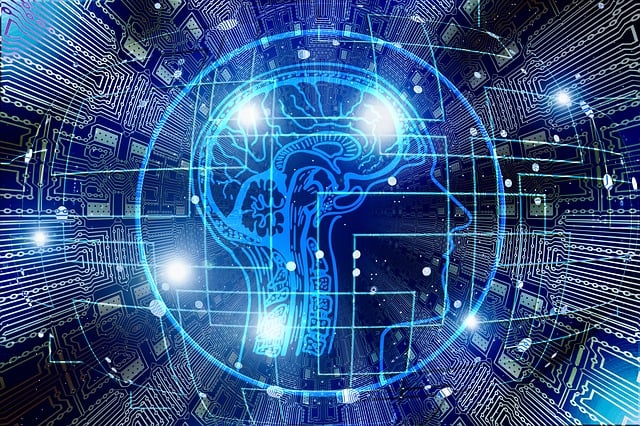
My original blog post on AI was meant to be a single post however the more I scribbled thoughts down the more I realised there was to consider. And so with that, this is the fourth of my series of posts on AI. Having looked at the issue of whether AI is a threat to education in post one, at some benefits of AI in post two, and then some of the risks or challenges around AI in post three, this post will continue to explore some of the ways in which AI might be considered a threat to the current formal education system as it exists across the world.
What are we assessing?
In the last post I started considering how AI challenges the current education system, looking at the fears regarding the use of AI based solutions, like ChatGPT, by students to “cheat”. This concept of cheating is based on the current education system where students submit work to teachers, where the work is their own work to be used by the teachers to assess and confirm understanding. So the use of AI to create work which the student presents as their own seems like cheating and dishonesty. But what if the student only uses the AI as a starting point modifying and refining the content before submission; Is this ok? And what degree of refining is enough for the work to be considered as belonging to the student, and what degree is not enough and therefore represents cheating? When is AI a tool, fairly used by a student in proving their understanding and learning?
I think it is at this point we need to ask why we are asking students to complete coursework; For me it is a way to check their understanding and learning of taught content. It is one method but not the only one, although it is the method education has generally accepted as the current proxy for student understanding, whether it be GCSE coursework, A-Level or a Degree dissertation. The uncomfortable truth is that this easy and scalable method of assessment isnt as appropriate in an age of AI. I will however admit I am not sure what the alternative is, where such an alternative needs to be fair and also scalable to students the world over. When thinking of its scalability I always think, what if life was found on Mars and we have to scale our GCSE coursework and exams to encompass these new lifeforms; It would simply be a case of translating the requirements, sticking them on a rocket and sending them to Mars. As I said, the current setup is very scalable.
And then there is the question of, if my students can use the tools available to them, including AI, to reach an acceptable assessable outcome, is this not good enough? If the assessments we create make it easy for a student to achieve without having any understanding of the topic or domain they are being assessed on, simply through the use of AI, then maybe we need to rethink the assessments we are setting students in the first place.
Social Contact
Social contact is another areas where there are various concerns around AI. It may be that in using AI for our studies, our work and even through virtual friends, for companionship, we may see ourselves interacting with human beings less and less, where social contact in a key part of what it means to be human. For education, if students find themselves learning through personalised AI, learning in their own time, what is the point in school? And if there is no school, with students learning where and when they like, where will students learn social skills and the skills needed to live with and interact with other humans? Will we be drawn to our screens and our devices? Looking around at people on the train I sit on as I write this, I don’t feel we are that far from this scenario already. So, what is the solution? For me, in education we need to make sure and achieve a balance between technology and humanity. If students are to do more learning via screens and personalised AI teachers, and where they may converse with their virtual AI friend, we also need to find opportunities for social interactions, for play, for fun, but also for arguments and debates, simply more opportunities for socialisation. And maybe this is the future for the schools and colleges, that these are the places for socialisation and developing social skills.
Conclusion
AI is here now and here to stay, and as a result of it we need to ask fundamental questions about education as it currently stands. What are we trying to achieve? Is the factory model of batches of students taught the same programme still appropriate? How do we assess learning in a world of AI and actually what should we be assessing?
AI will keep progressing and if we don’t ask questions of our current educational system ourselves, AI will be threat the Times article suggested it will be, as AI will force the questions upon us. And if education has changed little in over 100 years, I can only imagine how disruptive the sudden forced changes may be. But if we are pro-active it may be that AI is also an opportunity, an opportunity to challenge and reassess the current model of education to find something more suited for the years ahead, years which will invariably involve more and more AI solutions.

